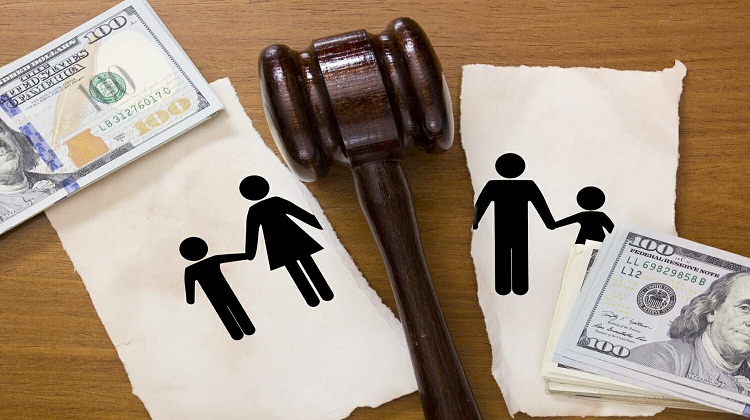Divorce proceedings can be complex and emotionally draining. When a couple decides to end their marriage, they must address numerous legal and financial issues, including property division, child custody, and spousal support. These matters can take months or even years to resolve, leaving both parties in a state of limbo. To address this issue, courts may issue a pendente lite order, which can provide temporary relief while the divorce is pending. In this article, we’ll explore what pendente lite orders are, why they are used, and how they can benefit both parties.
What Is A Pendente Lite Order?
The term “pendente lite” is a Latin phrase that means “pending litigation.” A pendente lite order is a temporary court order that is issued while a divorce case is pending. These orders are designed to provide temporary relief to the parties involved in a divorce proceeding. Pendente lite orders can address a wide range of issues, including child custody, child support, spousal support, and the use of the marital property.
Why Are Pendente Lite Orders Used?
Pendente lite orders are used for several reasons. First, they provide a way to ensure that both parties have the financial resources they need to support themselves and their children during the divorce proceedings. Second, they can help prevent one spouse from using marital assets for their own benefit or to the detriment of the other party. Third, they can help maintain the status quo during the divorce proceedings, which can make the transition to post-divorce life easier.
Benefits Of Pendente Lite Orders
There are several benefits to seeking a pendente lite order in a divorce proceeding. These benefits can include:
- Ensuring Financial Stability:One of the primary benefits of a pendente lite order is that it can provide financial support during a divorce to both parties during the divorce proceedings. These orders can provide temporary child support, spousal support, or access to marital assets, such as a joint bank account. This can help ensure that both parties have the financial resources they need to pay for living expenses and legal fees.
- Maintaining The Status Quo:Pendente lite orders can help maintain the status quo during the divorce proceedings. For example, if one spouse has been the primary caregiver for the children, a pendente lite order can provide temporary custody arrangements that maintain the current living situation for the children. This can help reduce the emotional impact of the divorce on the children and make the transition to post-divorce life easier.
- Protecting Marital Assets:Pendente lite orders can also help protect marital assets. If one spouse is using marital assets for their own benefit or to the detriment of the other party, a pendente line order can prevent this from happening. For example, a pendente lite order can prohibit one spouse from selling marital property or transferring assets out of a joint bank account.
- Streamlining The Divorce Process:Finally, pendente lite orders can help streamline the divorce process. By addressing temporary issues upfront, the parties can avoid the need for numerous court hearings and motions. This can help reduce legal fees and expedite the overall divorce process.
Factors Considered When Issuing Pendente Lite Orders
When a court considers issuing a pendente lite order, it will consider several factors. These factors can include:
- The Parties’ Financial Situation:The court will consider the financial situation of both parties when issuing a pendente lite order. The court will look at each party’s income, expenses, and assets to determine whether temporary support or access to marital assets is necessary.
- The Best Interests Of The Children:If children are involved, the court will consider their best interests when issuing a pendente lite order. The court will look at each party’s ability to care for the children and may consider the children’s preferences when determining temporary custody arrangements.
- The Status Quo:The court will consider the current living situation of the parties when issuing a pendente lite order. The court may be hesitant to disrupt the status quo during the divorce proceedings, especially if doing so would be detrimental to the children.



